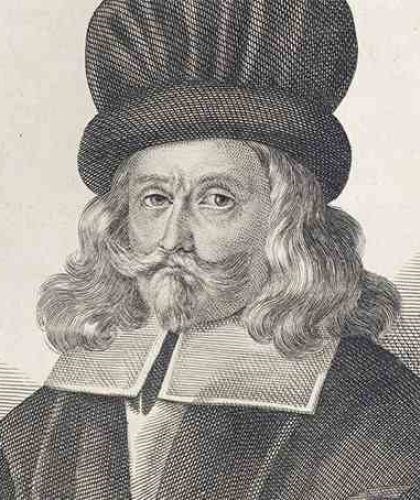
Evaluation Mattia Preti
Mattia Preti Valuations - Want to sell a Mattia Preti piece? Request a complimentary and confidential valuation!Bertolami Fine Art - Casa d'Aste will review your submission and offer a free-of-charge estimate, if your item is suitable for our auctions.
biography
Mattia Preti, also known as the Cavalier Calabrese, was one of the most important Italian painters of the 17th century and a leading exponent of Baroque and Caravaggesque painting. Born in Taverna, in the province of Catanzaro, on February 24, 1613, Preti belonged to a local middle-class family with noble roots on his mother’s side. His artistic training began in Rome, where he joined his brother Gregorio, also a painter, and immersed himself in the artistic currents of the time, absorbing the influence of Caravaggio through his teacher Battistello and coming into contact with the works of Guercino, Lanfranco, Reni, and Rubens. In Rome, Preti established himself as a prolific artist, creating frescoes in prestigious churches such as Sant’Andrea della Valle and San Carlo ai Catinari.
His career developed between Rome, Naples, and Malta, where he moved in 1661 and spent most of his life. In Naples, between 1653 and 1660, he worked intensively, leaving significant traces of his art in the city. In Malta, Preti became one of the main artists of the Order of St. John, producing impactful works for St. John’s Co-Cathedral in Valletta and other churches on the island. His painting, characterized by strong realism, dramatic intensity, and masterful use of light, was described by Roberto Longhi as “robust and thunderous, realistic and apocalyptic.”
Mattia Preti is also remembered for his knighthood, a title conferred by Pope Urban VIII, and for his prolific output, which includes religious paintings, portraits, and large-scale works. His works are now preserved in museums and private collections in Italy, Malta, and around the world. His artistic legacy is particularly strong in Taverna, where many of his works are still visible and celebrated as local treasures. Mattia Preti died in Valletta on January 3, 1699, leaving an indelible mark on the history of 17th-century Italian art.
His career developed between Rome, Naples, and Malta, where he moved in 1661 and spent most of his life. In Naples, between 1653 and 1660, he worked intensively, leaving significant traces of his art in the city. In Malta, Preti became one of the main artists of the Order of St. John, producing impactful works for St. John’s Co-Cathedral in Valletta and other churches on the island. His painting, characterized by strong realism, dramatic intensity, and masterful use of light, was described by Roberto Longhi as “robust and thunderous, realistic and apocalyptic.”
Mattia Preti is also remembered for his knighthood, a title conferred by Pope Urban VIII, and for his prolific output, which includes religious paintings, portraits, and large-scale works. His works are now preserved in museums and private collections in Italy, Malta, and around the world. His artistic legacy is particularly strong in Taverna, where many of his works are still visible and celebrated as local treasures. Mattia Preti died in Valletta on January 3, 1699, leaving an indelible mark on the history of 17th-century Italian art.




